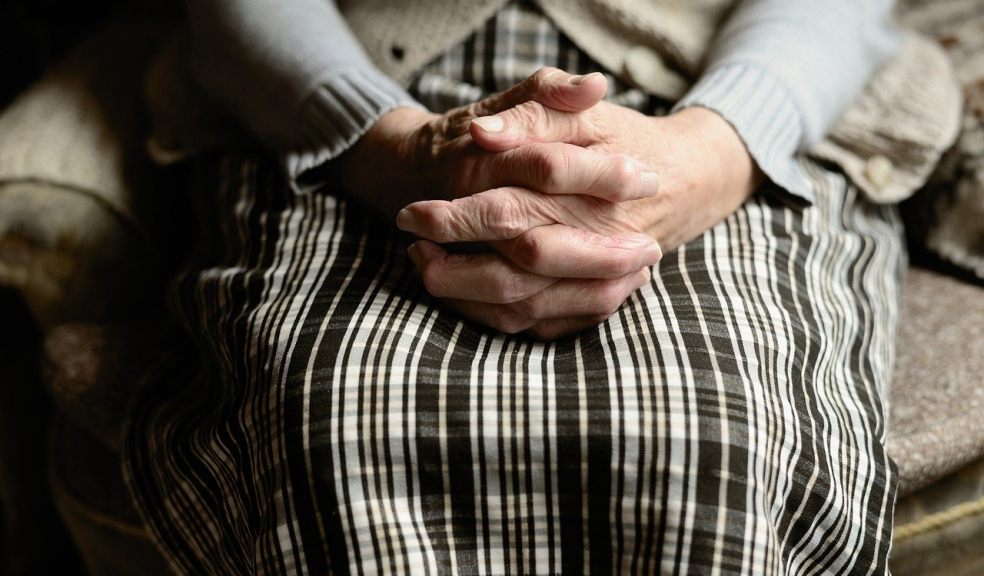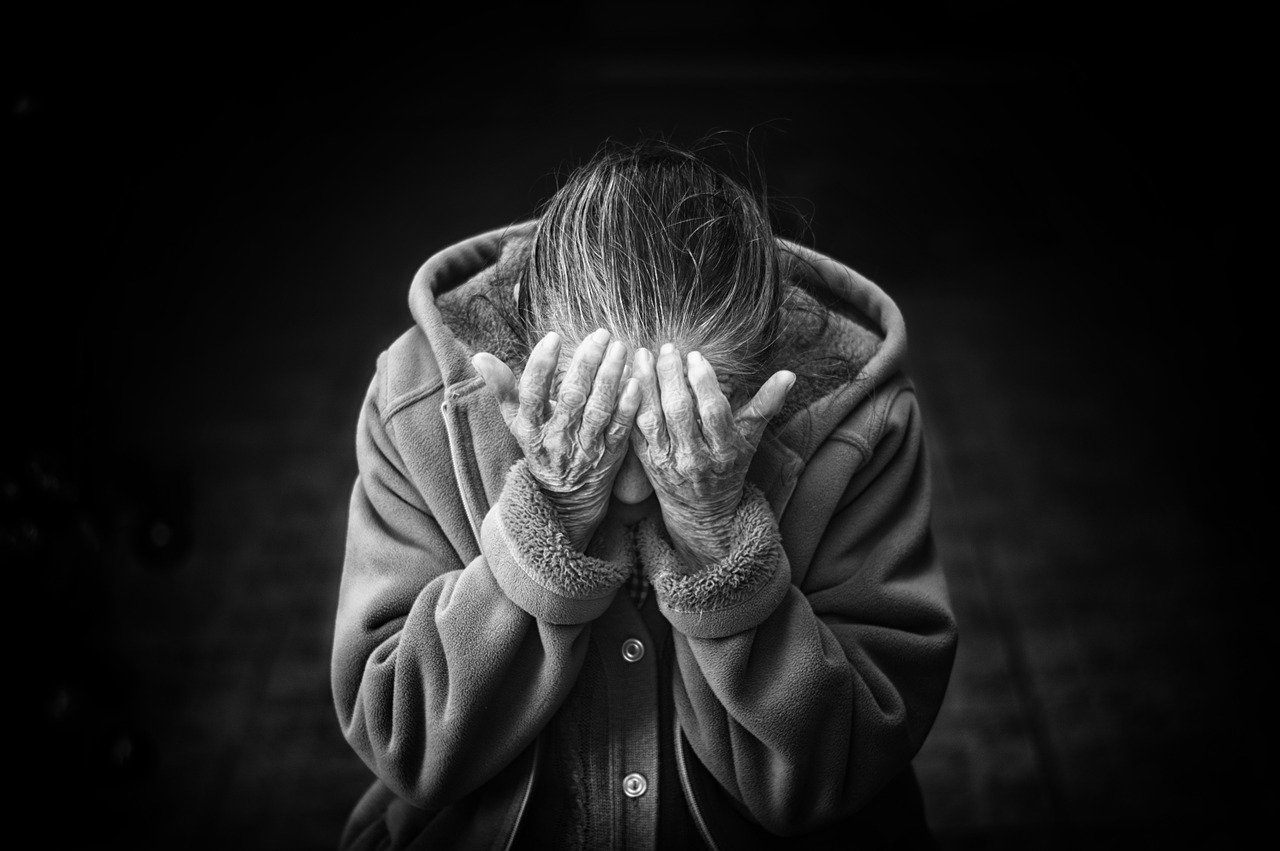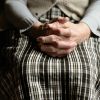
Seniors Are Often Sleep-Deprived - Here's Why
A peaceful and good night's sleep is necessary for the optimal functioning of the body. Lack of peaceful sleep can cause many challenges to victims, such as a decline in productivity. To handle sleeping difficulties, it is imperative that you identify the source then seek medical interventions.
Sleep Apnea
Whenever you feel tired in the morning when you wake up, there is a high probability of suffering from sleep apnea. Sleep apnea is a condition that causes breathing challenges while sleeping. Sleep difficulty is due to regular stops in breathing while sleeping. Various factors such as overweight or obesity, old age, tonsils, use of drugs such as alcohol and cigarettes, and narrow throats, which hinders the passage of sufficient air down the windpipe, cause this condition. Another cause can be due to the failure of the brain to send signals to the breathing systems. When this happens, the muscles facilitating the breathing process fail to operate optimally hence causing rapid stops in breathing.
It is challenging to identify apnea, but whenever a senior show or complains of the following conditions, there is a possibility of them suffering from apnea: restless sleep, loud and rapid snoring, excessive morning fatigue, headaches, and emotional distress. Apnea is common among seniors, but thankfully there are treatment options for better sleep that are available. Besides, apnea can lead to other complications such as diabetes, liver complications, heart, and blood pressure problems. The good news is that this condition is treatable, and the patients should seek immediate medical attention whenever they experience these symptoms.
Alcohol and Drugs
Some drugs are not recommended for seniors since they interfere with the regular sleeping schedule. These drugs can be medicinal or non-medicinal but still have a sleep-depriving effect on seniors. Hard drugs such as cocaine, heroin, and alcohol can sometimes keep you very active in the night hence hindering your sleep. Another drug that continually interferes with sleep is caffeine; caffeine is ingested in the body by drinking tea and coffee and preventing seniors from having a good sleep.
Periodic Limb Movements’ Syndrome
This condition is rarely treatable, and no precise treatment and prevention method is available. Based on the name, this condition causes frequent limb movement while someone is asleep. It can either cause the hips, toes and other parts of the limbs to move while you are sleeping. People suffering from this condition wake up feeling very tired, mostly on the limbs. This condition is available in many elderly, but the effects are not very common and severe.
Those suffering from this condition can only become aware when their partner informs them about the frequent movement of their limbs when sleeping. Not very many people experience sleep deprivation due to periodic limb movement syndromes, and doctors believe it is due to other sleep problems such as apnea, arthritis, and restless legs. Doctors recommend treatments for other sleep deprivation syndromes as a treatment method since there is no precise study showing PLMS as a condition that needs medical attention.
Stress and Depression

Good sleep is all about a relaxed brain free from worries and any other negative emotions. Too much thinking requires the brain to be active most of the time. The high brain activity will hinder the brain from communicating sleep signals to the nerves and the body. As long as the brain is bothered with various issues, there is no way you can have a peaceful sleep. If you succeed in sleeping, the chances are that you will be having interrupted sleep and a reduced number of sleeping hours, thereby depriving your body of sufficient sleep.
Travel and Work Schedule
The brain usually adapts so fast to one’s routine, when having work and travel schedules that require most of your nighttime, the brain will adapt to this schedule, thereby denying you the opportunity to sleep. You may get to bed early, but you will not catch some sleep until your brain considers it appropriate for you to sleep.
Restless Leg Syndrome
This disease is not rampant in the elderly and is commonly confused with arthritis. The symptoms of restless leg syndrome include itching and restlessness when seniors are trying to sleep. The signs make it perfect for inducing sleep deprivation. Decreased levels of iron and dopamine in the seniors’ brain, poor health, and age factor are the major causes of restless leg syndromes. Studies reveal that it is not very common since only a few elderly persons suffer from these syndromes. Other associated factors include anxiety, depression, and Insomnia. The good news is that it is medically treatable, or frequent exercises and movements can minimize the symptoms.
Poor Eating Habits
It is appropriate that you avoid overeating while you head for bed. Too much food will keep the digestive system active, hence limiting the possibilities of having a good sleep. While sleeping, the organs are supposed to operate at minimum capacity; this is affected when you overeat since all the organs will be actively processing it. If you must eat before you go to bed, only take light foods such as light snacks.
All these conditions are treatable and preventable; you should consider visiting a doctor whenever you experience these situations, or you can work on changing your sleeping habits. If the situation is medical, avoid treatment measures not recommended by medical personnel.

















